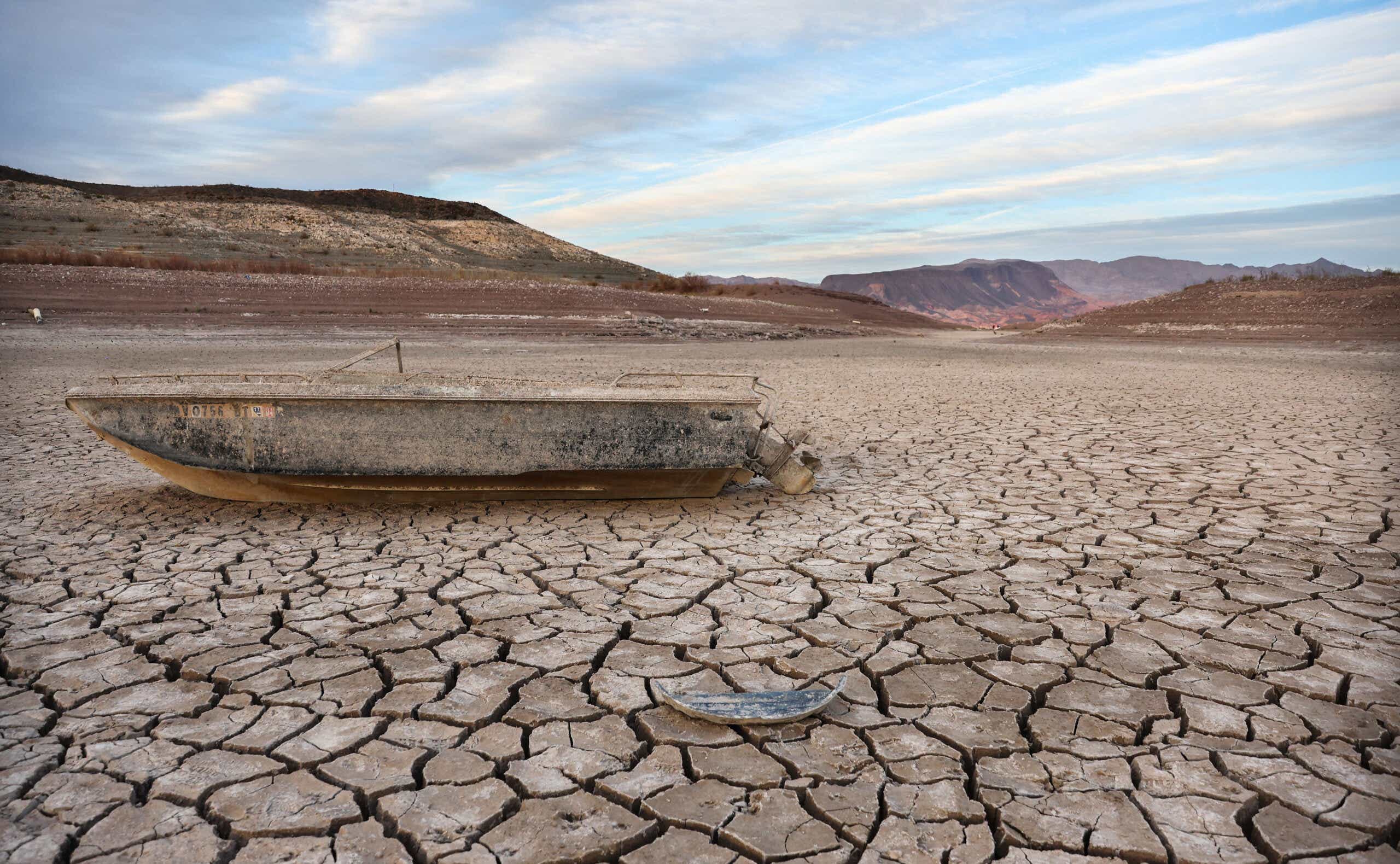America's power systems look likely to buckle in some areas this summer, thanks to heat and extreme drought. These conditions are likely to affect power availability across the Western U.S., with the Midwest at a particularly high risk as above-average temperatures drive demand, and increase the likelihood of forced generator outages.
The NERC regulating authority has warned that vast swathes of the country could experience electricity shortages and rolling blackouts, as the delicate power grid takes on the strain.
“Industry prepares its equipment and operators for challenging summer conditions. Persistent, extreme drought and its accompanying weather patterns, however, are out of the ordinary and tend to create extra stresses on electricity supply and demand,” said Mark Olson, NERC’s manager of Reliability Assessments. “Grid operators in affected areas will need all available tools to keep the system in balance this summer."
The NERC says the extended drought is likely to impact different regions in varied ways. In the Western Interconnection, the drought coupled with substandard snowpack could mean a below-average output from hydro generators, restricting the electricity available for transfers. Wide-area heat events in Texas paired with drought could drive abnormally high demand for electricity and put a strain on reserves. Low water levels in the Missouri River Basin meanwhile could affect output from thermal generators that rely on the Missouri River for cooling in the summer months, which can impact output capacity.
As well as the clear pressure imposed by the drought, the NERC has noted the grid's vulnerability to ongoing cyber risks — particularly highlighting the security threat from Russia. The regulator also pointed out the challenge of maintaining coal-fueled generators as supply chains remain overburdened, and the unreliability of some green energy alternatives, like solar photovoltaic resources.
These dire energy warnings come alongside the news that more than half the population of the U.S. will see temperatures in excess of 90 degrees this weekend, with up to 130 record high temperatures expected to be broken between Thursday and Sunday.
"This is definitely pretty early for this type of heat," meteorologist Aaron Swiggett told CNN. "We would normally see these temperatures in the dead of summer."
The extended drought and above-average heat in some areas have come with some unexpected and sometimes gruesome side effects. Bodies once thrown into lakes or left frozen on mountains are resurfacing thanks to low water levels and thawing snow, carrying with them decades-old mysteries.









